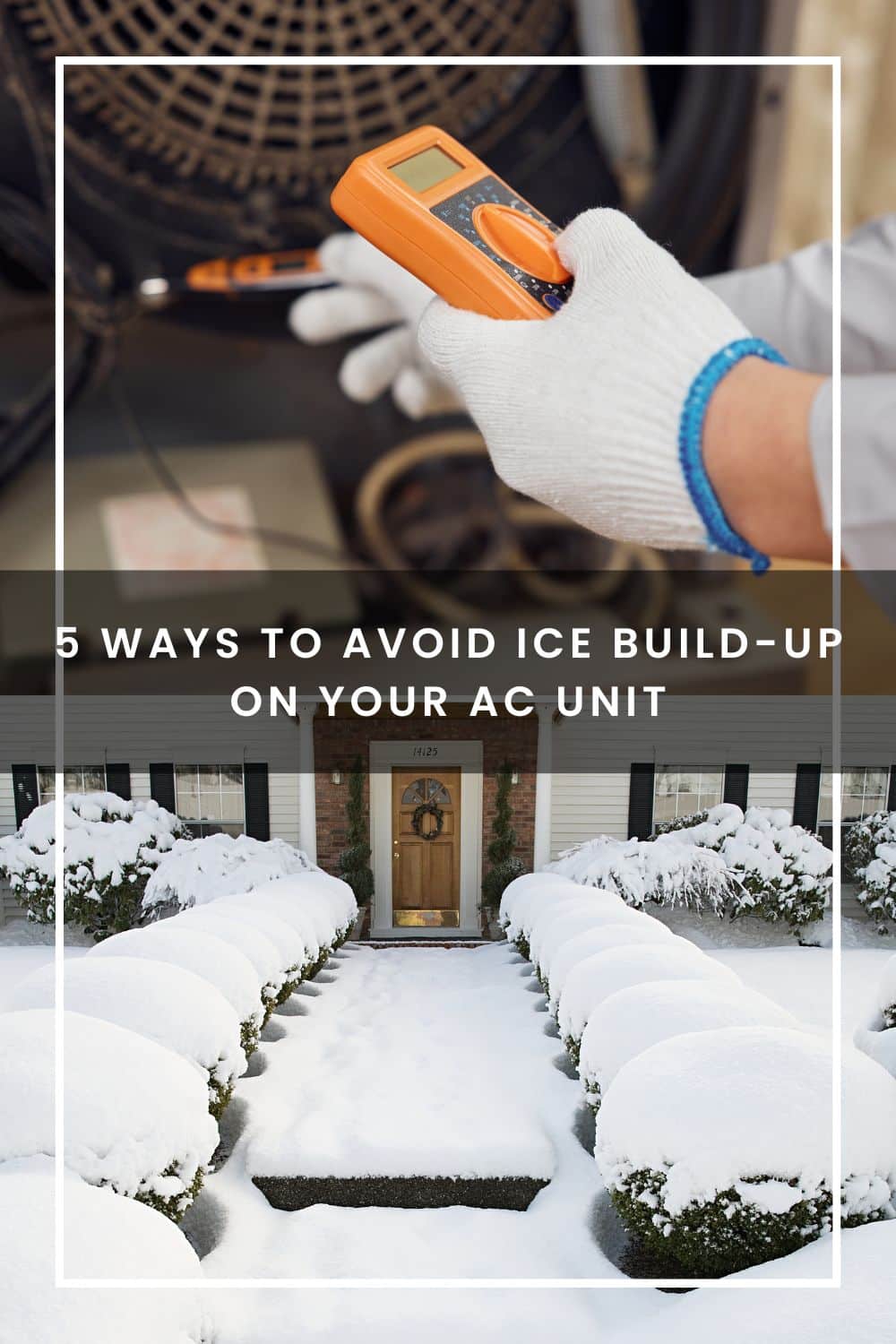Living in a cold climate has a variety of pros and cons. That being said, it’s important to take steps to keep your home comfortable during the winter months. One way to do this is by making sure your air conditioning unit is clear of ice buildup.
In this blog post, we’ll provide some tips on how to avoid ice buildup on your AC unit. We’ll also discuss the consequences of not taking these steps and what can happen if ice accumulation blocks the airflow from your AC unit.
Continue reading to learn more about the numerous ways that you can avoid ice buildup on AC units.
Once you’re done learning how to avoid ice buildup on your AC unit, you can check out the following site if you want to get in contact with some of the best HVAC technicians in Bentonville and the surrounding areas: https://andersonair.com/service-areas/bentonville/.
What are the best ways to avoid ice buildup on AC units?
Ice buildup on your AC unit is more than just a cosmetic issue. It can force your HVAC system to work less efficiently, which can lead to higher energy costs. However, there are quite a few things you can do to prevent ice buildup.
Technique #1 — Inspect your AC unit for ice buildup before turning it on for the season
Before turning on your AC unit for the season, it’s important to inspect it for ice buildup. Ice can cause a variety of problems, including reducing the unit’s efficiency and damaging the compressor.
To check for ice buildup, open up the unit and look for any frost or ice on the coils. If you see any, use a hairdryer to thaw it out before turning on the unit. You should also clean any dust or debris from the coils and make sure that the air filter is clean.
Technique #2 — Remove snow and ice buildup on AC units using brooms or shovels
Snow and ice can easily accumulate on an AC unit, causing it to work less effectively and increasing your energy expenses. In order to prevent this, you should regularly remove any snow or ice that has built up on the unit. This can be done with a broom or shovel. Be careful not to damage the unit when removing the snow or ice.
If you happen to spot any damage, you should contact a professional for repairs. By regularly removing snow and ice from your AC unit, you can help to prolong its lifespan and ensure that it works effectively.
Technique #3 — Make sure there are at least 18 inches of space around the AC unit to ensure optimal levels of airflow
An air conditioner needs airflow to function properly and keep your home cool. If the unit is placed too close to the house, it can’t get the airflow it needs.
Make sure there is at least 18 inches of space around the unit to allow for proper airflow.
You should also take a moment to ensure that there aren’t any shrubs or other obstacles blocking the unit.
Technique #4 — Turn off your unit if there is significant AC ice buildup to prevent further damage
Most AC units have an automatic shut-off switch that is triggered by excessive ice buildup. However, if this switch fails, it is important to turn the unit off manually to prevent further damage.
Excess ice can cause the AC unit to overheat, leading to a breakdown of the compressor. In addition, ice can block the flow of air, which makes it difficult for the unit to cool your home effectively.
Technique #5 — Contact a professional if you are unable to remove the AC unit ice buildup by yourself
An HVAC technician should be contacted if you are unable to remove the ice yourself from your AC unit. A professional, experienced HVAC technician has experience and training in removing ice buildup and will be able to remove it safely.
Additionally, the HVAC technician will be able to inspect the AC unit for any other issues that may be causing the ice buildup. Once the ice buildup is removed, the HVAC technician will be able to prevent it from happening again in the future.
5 ways to avoid ice buildup on your AC unit — Conclusion
Ice buildup can be a major problem for AC units and HVAC systems as a whole. It can result in decreased efficiency and even complete system failure. There are several ways to avoid ice buildup, but the best way is to contact a professional HVAC technician.
Have you had your AC unit inspected recently? If not, now is the time! Contact the best HVAC technician in your area today to get started.





Leave a Reply